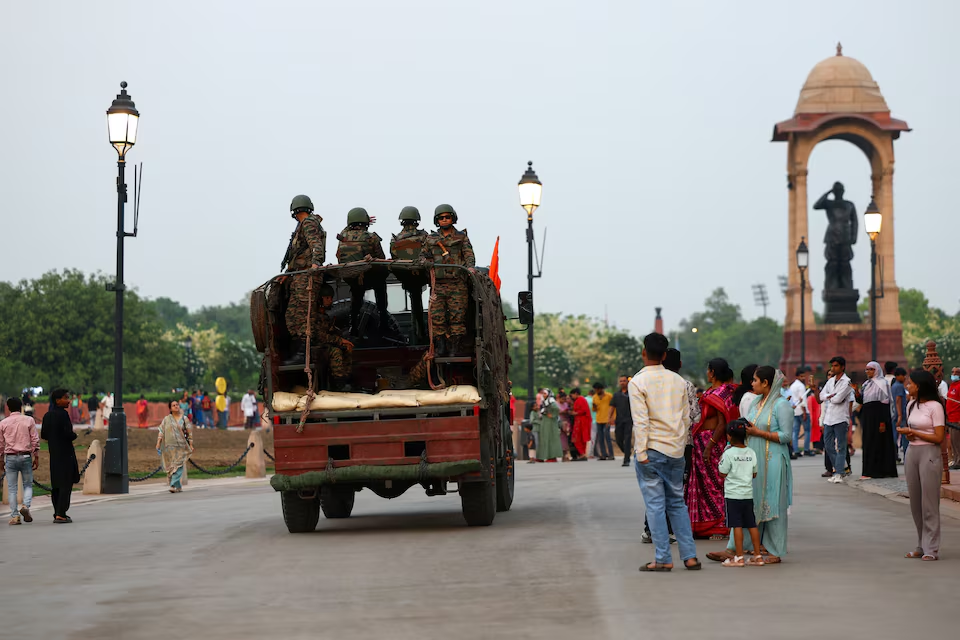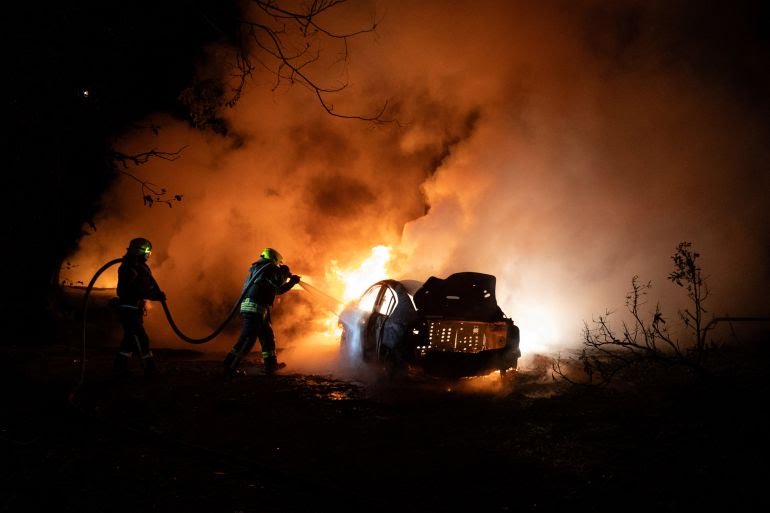In a recent interview with CNN, Pakistan’s Ambassador to the United States, Rizwan Saeed Sheikh, confirmed that India and Pakistan have engaged in contact at the level of their National Security Councils (NSCs). This development comes amid escalating tensions between the two nuclear-armed neighbors following a series of violent incidents.
Ambassador Sheikh emphasized that while Pakistan is committed to de-escalation, the responsibility largely lies with India, especially after recent clashes. He noted that Pakistan might be compelled to respond due to public pressure.
The current escalation traces back to an April 22 attack in India-administered Kashmir by Islamist militants, resulting in 26 fatalities. India attributes the attack to Pakistan, which denies involvement and has called for a neutral investigation.
In the past two days, accusations of drone attacks and military retaliation have escalated, resulting in nearly 50 deaths. India reported drone and missile attacks by Pakistan on military stations in Jammu, Pathankot, and Udhampur in the Jammu and Kashmir region. The attacks, intercepted by Indian air defenses, caused no casualties or material damage, according to India’s Ministry of Defence.
Pakistan denied involvement in the attacks and condemned India’s allegations as unfounded and politically driven. This confrontation follows an earlier Indian retaliatory strike on alleged terrorist infrastructure in Pakistan, in response to the April 22 attack.
The situation has drawn global concern, with countries including the United States urging both sides to engage in direct dialogue to reduce tensions. U.S. Secretary of State Marco Rubio initiated a phone call with Pakistan’s Prime Minister Shehbaz Sharif, emphasizing the necessity for both Pakistan and India to make concerted efforts to de-escalate ongoing tensions.
Pakistan’s Defence Minister, Khawaja Muhammad Asif, stated that the United States is at the forefront of international efforts to de-escalate rising tensions between India and Pakistan. He emphasized that repeated drone incursions by India into Pakistani territory are heightening the likelihood of a retaliatory strike by Pakistan.
The U.S. Consulate General in Lahore, Pakistan, has instructed its staff to shelter in place due to reported drone explosions, downed drones, and potential airspace incursions. The State Department confirmed the directive following escalating tensions between Pakistan and India.
President Donald Trump labeled escalating tensions between India and Pakistan as “a shame” following India’s military strikes on sites in Pakistan and Pakistan-administered Kashmir. He expressed hope that the situation resolves quickly and reiterated that while the U.S. values its strategic partnership with India and maintains ties with Pakistan, the two countries must ultimately resolve their conflicts independently.
The ongoing conflict has negatively impacted financial markets in both nations, sparking panic buying in Indian border areas. The Indian rupee experienced its sharpest one-day drop in nearly a month after India conducted missile strikes on Pakistan and Pakistan-administered Kashmir. Pakistan has threatened retaliation, stating it would target military installations, though no immediate response has occurred.
The international community continues to monitor the situation closely, urging both India and Pakistan to exercise restraint and engage in dialogue to prevent further escalation.
Source: Reuters



